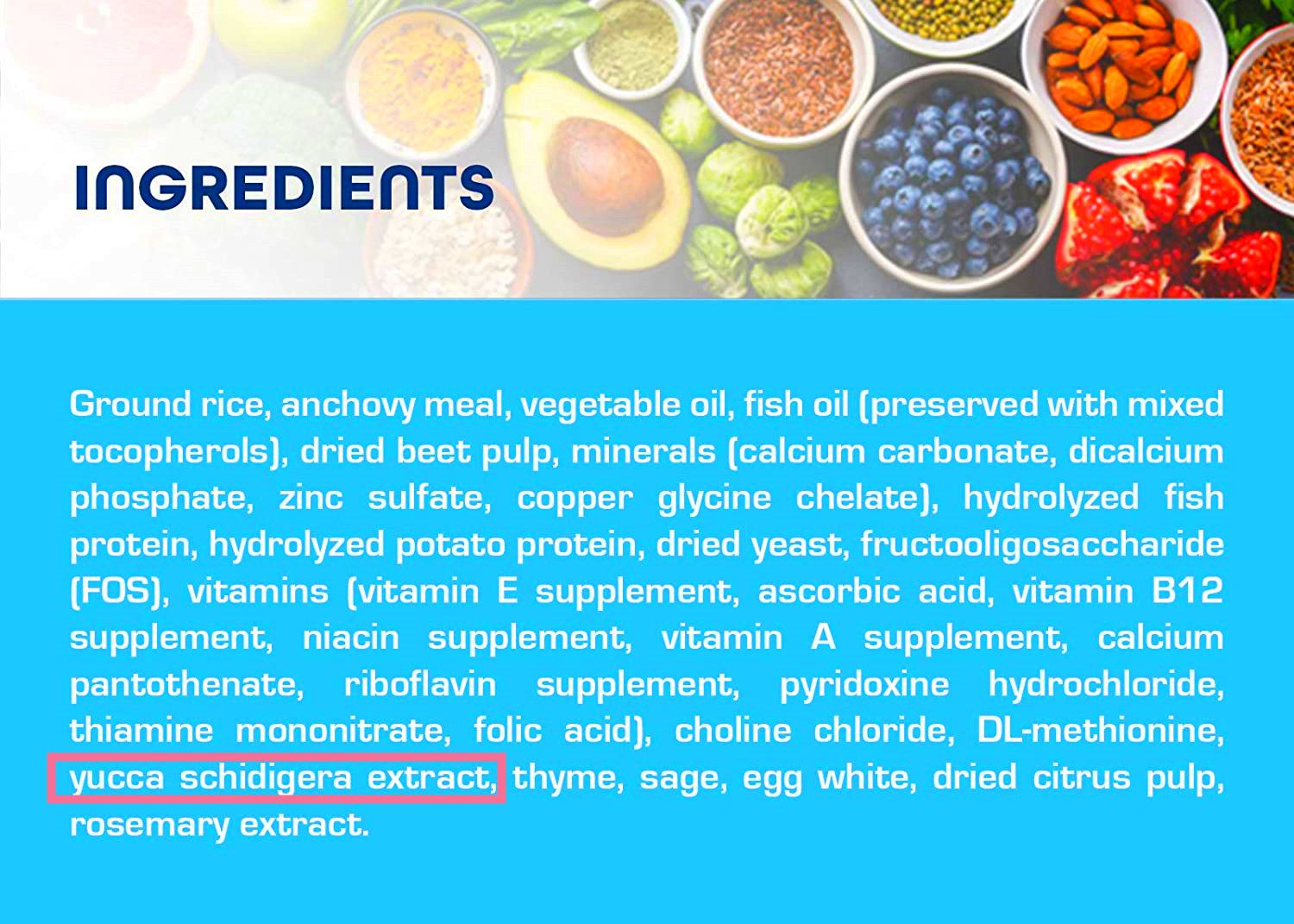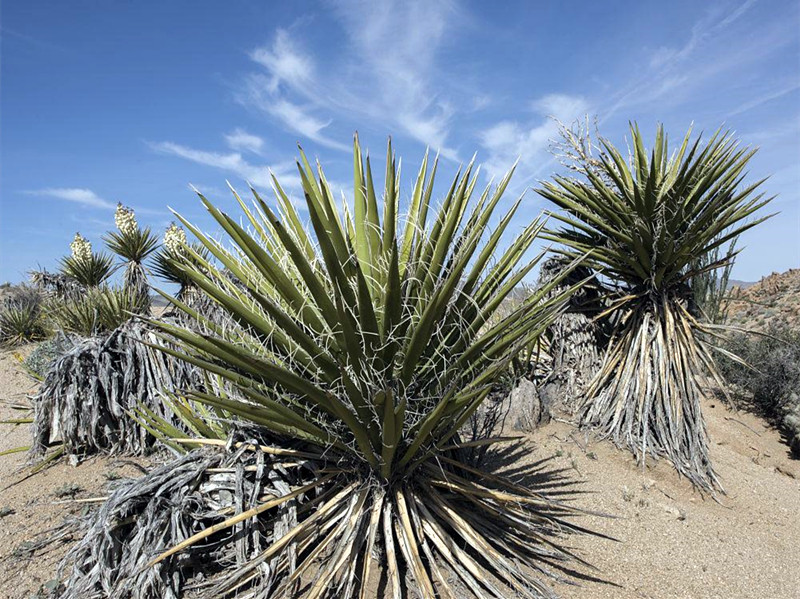Is Yucca Schidigera Extract Safe For Cats?
Yucca Schidigera is a shrub or plant native to the deserts of southern California and northern Mexico. It requires rocky environments and full sun exposure to thrive. The genus Yucca contains about 40-50 medicinally potent species. It is a rich source of biologically active compounds, including steroidal saponins and polyphenolics such as resveratrol, these compounds are responsible for its anti-inflammatory properties. The plant has been used by Native Americans for medicinal purposes, including treating dandruff and headaches. Yucca extracts are often used as a deodorizer in pet foods because the plant has the ability to cause urine and stool to smell less has even been scientifically verified, and this healthy and natural ingredient also can help your pet stay strong. It’s often used in shampoo for pets due to its rich of steroidal saponins, which are a class of natural detergents that foam when added to water and have been used for many purposes, including as a surfactant and in food production. Now the question is: Is Yucca Schidigera Extract Safe For Your Cat?
In general, cat poop stinks more than dog poop, but as long as cats eat the right food, feces usually don’t stink and don’t affect indoor air quality. Many people worry that cat or dog food is the source of the odor in their pets, but people must first understand that poop is a waste product that is excreted from the body, and it shouldn’t smell like roses, but it shouldn’t smell too bad either. However, if cats ingest proteins that their digestive tracts cannot absorb, such as plant-based proteins, the unbreakable proteins will produce a foul odor when excreted. Underlying health conditions such as inflammatory bowel disease or parasites can cause the condition. In this case, use natural remedies, that is, medicines that contain natural ingredients or choose balanced, species-appropriate, or even organic, GMO-free foods for your cats.
You can choose healthy cat diets containing Yucca Schidigera extract, how it worked? One of the main mechanisms by which yucca extract reduces stool odor is its ability to inhibit ammonia production. Yucca has been shown to decrease the amount of ammonia in animal waste, without affecting the animals’ ability to digest food or use minerals. Yucca’s ammonia-reducing properties are attributed to its saponins, which are natural detergents. These substances also act as a surfactant, and they can be combined with water to form stable foams. Inhibition of iNOS These steroidal saponins and polyphenolic have been shown to inhibit iNOS expression in vitro. Studies on the antioxidant properties of yucca extract have shown that it is a strong inhibitor of the formation of reactive oxygen species (ROS) and can reduce oxidative damage in animals. In addition, yucca has an inhibitory effect on NFAP, a transcription factor that is involved in inflammatory processes. Yucca’s phenolic compounds have been shown to inhibit the activation of iNOS and NFkB by binding to its phosphorylated forms. They also act as antioxidants and scavenge ROS and are inhibitors of platelet aggregation.
Another way yucca reduces fecal odor is by reducing the number of gram-positive bacteria in the digestive tract. The plant has antifungal properties and can reduce the occurrence of fungal infections in animals. The phenolics in yucca can also interfere with the synthesis of nitric oxide, which is an important inflammatory agent. Yucca steroidal saponins and resveratrol are known to inhibit NFkappaB, and they may prevent the generation of reactive oxygen species that are responsible for the development of rheumatoid arthritis in humans and animal models. These compounds may also have an effect on the gut microbiota. In the study of other animals, saponins have been found to be effective in reducing the number of bacteria in milk and to improve animal health. In addition, it has been shown to increase weight gain and specific growth rates in chickens. It can also decrease the level of lactic acid bacteria in the digestive tract.
Saponins also have anti-protozoal activities. In one study, yucca extracts suppressed intestinal protozoa, which have been linked to inflammation. They are as effective as the antibiotic metronidazole in killing tropozoites of Giardia lamblia in the intestine. They have been used in animal feed as a means of controlling gastrointestinal parasites, and have also been shown to be effective in reducing atmospheric ammonia concentrations in confinement livestock facilities.
Yucca Schidigera extract can be found in many pet supplements and foods, but it is important to use yucca extract rather than the whole plant to avoid intestinal issues in cats. Yucca Schidigera works by lowering stool odor, reducing ammonia production, and stabilizing fermentation in the large intestine. It also helps to prevent bacterial infections and other gastrointestinal problems in pets. However, yucca schidigera should only be used in moderation as it can cause irritation and diarrhea in cats. It is best to use it in combination with other ingredients that promote joint health. It is also important to consult your vet before introducing any new ingredient into your cat’s diet. They can recommend the right dosage based on your pet’s age, weight, and medical history.




